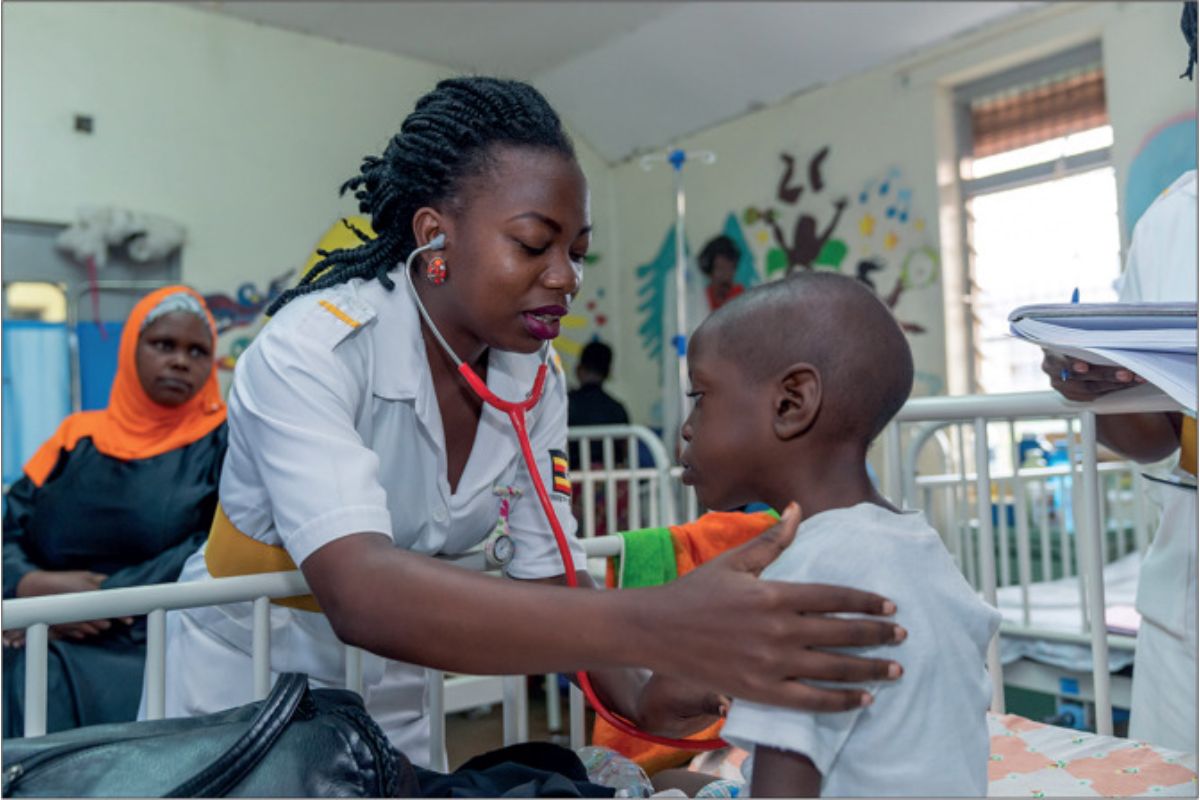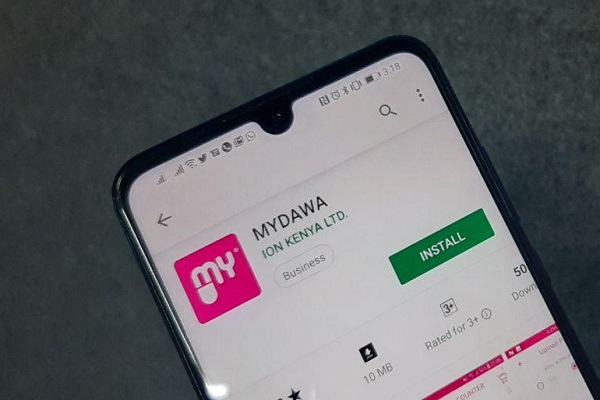Gertrude’s Hospital Targets Partners For Early Paediatric Cancer Care

Gertrude’s Children’s Hospital is seeking additional partners to support efforts aimed at expanding cancer screening capabilities, to ensure timely diagnosis of affected children.
This appeal was a focal point during the 32nd Annual Charity Golf Tournament held last weekend, which brought together corporate sponsors, individual players, and donors to raise awareness and funds for paediatric cancer care in Kenya.
Childhood cancer, once considered a rare condition, has become a growing concern in Kenya.
According to the Global Cancer Observatory, approximately 3,000 new childhood cancer cases are diagnosed annually.
However, many more cases go undetected due to limited awareness and healthcare access.
Speaking at the event, Gertrude’s Children’s Hospital CEO Robert Nyarango called for collaborative efforts from various stakeholders to enhance the diagnostic process and ensure that more children have access to timely and appropriate healthcare.
“It is regrettable that the survival rate for childhood cancer in Kenya is only about 20%. What contributes to this is delayed diagnosis, often because symptoms of childhood cancers can be mistaken for less serious illnesses,” Nyarango said.
He also added that early detection is critical as cancers caught in early stages are more likely to respond positively to treatment.
“It is however important to recognize that success cannot be achieved in isolation, and requires collaborative and innovative strategies,” Nyarango added.
The funds raised from the charity event will be channelled to the Kenya Childhood Cancer Program, an initiative of Gertrude’s Children’s Hospital, in collaboration with Gertrude’s Hospital Foundation.
The program, launched in 2019, aims to increase early cancer diagnosis and improve access to treatment for children across Kenya, particularly in underserved areas.
The program has diagnosed and treated 89 children over the past five years.
On his part, the Gertrude’s Hospital Foundation Board Chair Les Baille said the right collaboration is required for Kenya to build capacity for training healthcare professionals, improve access to essential medicines, and integrate cutting-edge technologies like molecular diagnostics into cancer care.
“With more partnerships, it is possible to expand screening programs, reduce treatment delays, and ultimately improve survival rates for children diagnosed with cancer,” Les Baille said.
“We call on corporate partners, individual donors, and government stakeholders to continue supporting this mission. Every stakeholder has a role to play, whether through policy reform, financial investment, or direct service delivery.”
By considering the possibility of cancer during regular healthcare check-ups and expanding community awareness, the program ensures more children are diagnosed earlier when treatment is more effective.
The program also trains healthcare workers on the early warning signs of childhood cancer.
Healthcare professionals are equipped to detect symptoms early and refer patients to specialised centres for further care.
Once diagnosed, timely treatment is essential, Nyarango noted.
Through the support of corporate donors and private sector partners, the program also subsidises treatment costs for children in need, ensuring that financial hardship does not prevent families from accessing care.
Follow us on Telegram, Twitter, and Facebook, or subscribe to our weekly newsletter to ensure you don’t miss out on any future updates. Send tips to editorial@techtrendsmedia.co.ke


